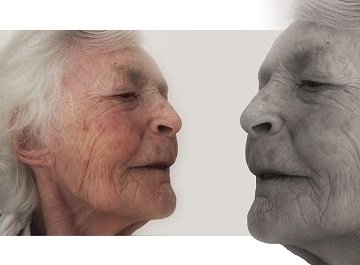Wellness Genomics Project: Exploring longevity
September 16, 2014 | Tuesday | News | By BioSpectrum Bureau
Wellness Genomics Project: Exploring longevity
Sequencing the genome of centenarians is difficult
Why do some people live longer? Do they have any special types of genes? Do their genomes have anything in common? Do they have special genes which are expressed at varied levels?
Scientists at the Institute of Genomics and Integrative Biology (IGIB) are trying to find answers to these questions. The project, funded by CSIR, titled 'Wellness Genomic Project' is led by Prof. Sameer K Brahmachari, former DG, CSIR along with his colleagues Dr Sridhar Sivasubbu and Dr Vinod Scaria, who are also scientists at IGIB.
Speaking about the project, Prof. Brahmachari said, "We wanted to be a part of Xprize Archon genomics so that we have access to all the data. Unfortunately, Xprize got closed. But we decided to sequence the Indian genome, and 91 in India is as good as 100 in Japan. We are trying to find out what signals longevity by studying their genome.''
(ArchonX prize was a competition that offered $10 million to the first team that could rapidly and accurately sequence 100 whole human genomes of centenarians at the cost of $10,000 or less per genome.)
They have collected 88 samples (of people aged 91 or above) from across India, out of which 16 have been sequenced so far. They have formulated few theories. He elaborated further, "The idea is to find something common in these genes. Some special types of genes or other genes whose activity is slightly higher than the others. We are looking at C elegans genes which have been shown to be related to longevity. Are these genes different here? If we can find a marker or some particular metabolism process that allows longevity, it could give us some new information. We have formulated these theories, however, it might also be possible that we find something new."
Sequencing is not an easy task, and sequencing the genome of centenarians is even more difficult, as it is very hard to collect blood samples from them. So working with small samples with present day technology, and to analyse large genomic data, are some of the challenges in this project.
We hope that after sequencing 30 genomes, we will have statistically significant data, sums up Prof. Brahmachari. If the project is successful, it would pave the way for long and healthy living.









